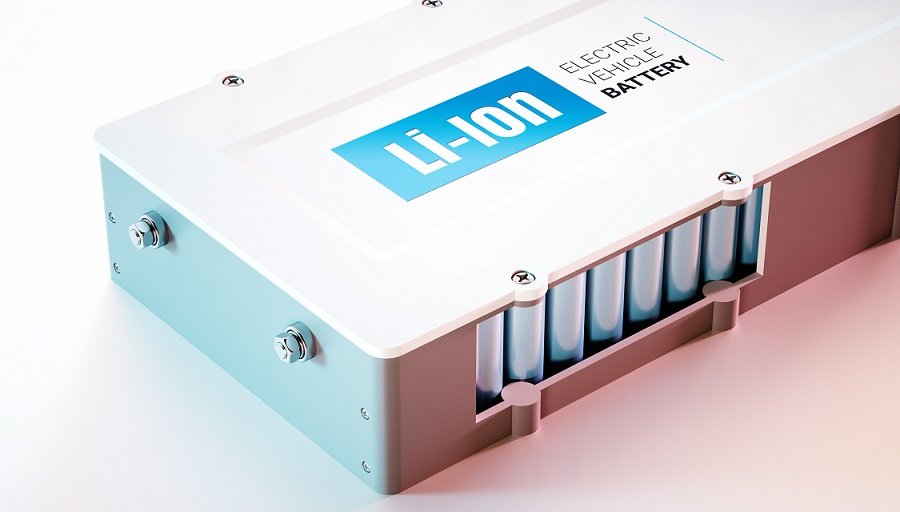On Feb. 10, 2025, China’s Ministry of Industry and Information Technology and other seven central government departments jointly announced an action plan for sound development of new-type energy storage system manufacturing.
“New-type energy storage system manufacturing” refers to the manufacturing of products used in energy storage, information processing, security controls, etc. in new types of energy storage technologies. These products include batteries, electrical and electronic devices, heat management systems and energy control systems.
Outline of the action plan
The text of the action plan consists of eight sections:
- General Requirements
- Implementation of New-type Energy Storage Technological Innovation Actions
- Implementation of Coordinated Industrial Development Promotion Actions
- Implementation of Industrial Transformation and Upgrading Actions
- Implementation of Pilot Application Expansion Actions
- Implementation of Industrial Ecosystem Development Actions
- Implementation of Trade and Investment Collaboration Promotion Actions
- Support Measures
The second to eighth sections comprise a total of 22 specific measures.
Goals for 2027
The action plan aims to achieve the following goals by 2027:
- Develop industrial chains of new-type energy storage system manufacturing in China that have advantages as a whole in global competition.
- Increase the number of businesses with a competitive edge.
- Enhance the innovativeness and comprehensive competitiveness of the industry.
- Develop a high-end, intelligent, green industry.
In relation to these goals, the action plan states the following objectives:
- Accelerate the development of industry systems.
- Match the size of new-type energy storage system manufacturing industry with the downstream demand.
- Foster 3–5 eco-driven businesses.
- Establish a basic configuration for the agglomeration of industrial entities.
- Develop industry clusters and industrial ecosystems constantly.
- Significantly increase the resilience of industrial chains and supply chains.
- Develop standards and the market mechanism.
- Significantly improve the performance of products.
- Constantly build capacity to supply new-type energy storage products and technologies that are safe, reliable, energy-efficient, long-lasting and economical.
- Significantly increase the energy conversion efficiency of new-type energy storage systems.
- Ensure that thermal abuse and overcharging do not cause fires or explosions.
- Expeditiously improve the safety levels of products throughout their lifecycle.
- Constantly expand the scope of application.
- Increase the diversity of new-type energy storage products and technologies.
- Better meet the needs of multiple sectors, including electricity, industry, energy, transportation, construction, telecommunications and agriculture.
- Promote energy revolution.
- Provide material support to achieve carbon peaking and carbon neutrality.
Technological innovation
Regarding technological innovation for energy storage, the action plan includes the following measures:
- Accelerate the constant upgrading of mature technologies, including lithium batteries.
- Support revolutionary technological innovation.
- Build the capacity to supply high-end products.
- Facilitate the resolution of challenges in the engineering and applied technology of supercapacitors, lead-carbon batteries, sodium batteries, flow batteries, etc.
- Develop long-duration energy storage technologies, such as compressed air-based energy storage, to improve faster the economic efficiency of technologies and energy conversion efficiency of systems.
- Carry out appropriate advance planning for ultra-long-duration energy storage technologies such as hydrogen energy storage.
- Encourage the development of technologies combining different types of energy storage based on needs.
- Support basic research on promising technologies, including new types of batteries, intelligent batteries, heat storage, coldness storage and new types of physical energy storage.
Support measures
The Ministry of Industry and Information Technology implements the following support measures:
- Enhance overall coordination.
- Encourage local governments to introduce special policies to support technological progress in new-type energy storage system manufacturing as well as the transformation and upgrading of new-type energy storage system manufacturing.
- Build effective oversight systems involving the government and businesses.
- Step up government support.
- Support research and development of key technologies for new-type energy storage systems.
- Carry out pilot projects using new-type energy storage systems in different scenarios.
- Develop a standardized and orderly industry.
- Facilitate the establishment of a unified national market.
- Advance the standardization of the lithium battery industry.
- Facilitate the development of a carbon footprint certification system and a whole-lifecycle traceability system for energy storage lithium batteries.
- Accelerate the recruitment and development of human resources.
- Advance the integration between industry and education in new-type energy storage system manufacturing.
- Promote team building among human resources for new-type energy storage.
- Optimize evaluation and incentive mechanisms for human resources.
Full text of the action plan (in Chinese) is available at
https://www.miit.gov.cn/zwgk/zcwj/wjfb/tz/art/2025/art_1cb418523baa4d2781c7907aebdab3a6.html
 China issues action plan to promote manufacturing of new-type energy storage systems, including lithium, sodium batteries
China issues action plan to promote manufacturing of new-type energy storage systems, including lithium, sodium batteries 

























